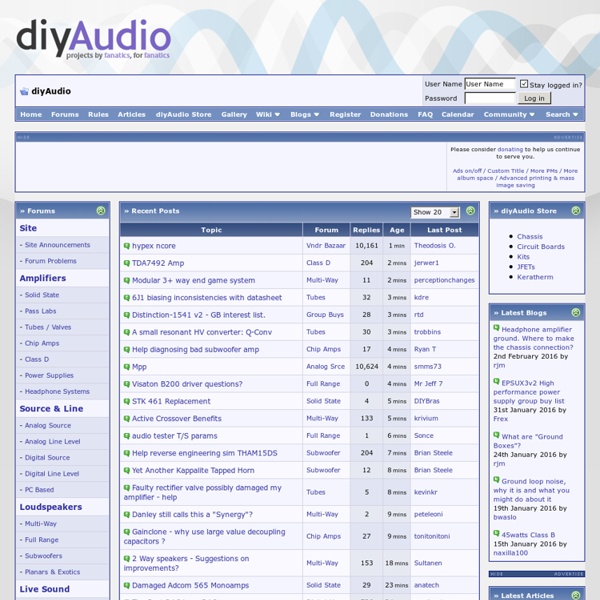



Removing an object on a photo with GIMP Tutorial to remove objects (or people) and restore the portion of the background they hide in a photo with the Resynthesizer plugin. An impressive video has been posted on Youtube to show how, with Photoshop, it is possible to delete objects in an image automatically, without any design work. The same can be done with The Gimp in fact and for longer (it is not impossible that the same algorithm has been reused). This plugin "re-synthesizes" the background" and rebuilds it from same elements on the photo. It can thus reconstruct the sky, lawn, or even more complex views, from a sample taken from the image. First, see the Resynthesizer tutorial to know the purpose of controls. We will put in practice the commands using the same pictures that the Photoshop demonstration video. Using Resynthesizer in Script-Fu 1. 2. We want to remove the tree on the top left. 3. This windows is opened. 4.Here is the final image Using the Map -> Resynthesize filter 1. 2. 3. 4. This window is opened: 5. More
A Step By Step Guide to Start With Google Ads Zaph|Audio Linux Equivalents to Windows Software There are many articles written about the reasons why users may wish to convert to Linux. Frequently cited reasons include the favorable licensing terms, the freely distributable software (with source code), support from the Linux community, improved security, open file formats, the fact that Linux can run on a wide variety of platforms, etc. However, unless a desktop user is provided with real alternatives to the existing software he or she currently uses, migration to a different operating system is going to be very difficult. This collection of articles aims to dispel the myth that Linux isn't ready for the desktop user to move away from the Microsoft world. For each Linux application, we have compiled a portal page providing an overview of the software, a screenshot of the application in action, a comprehensive list of its features, and links to sites offering information and support on the software such as forums, tutorials, and reviews. The list above is not exhaustive.
Facebook Pixel Everything you need to know 2A & DIY Books that will induce a mindfuck Here is the list of books that will officially induce mindfucks, sorted alphabetically by author. Those authors in bold have been recommended by one or more people as being generally mindfucking - any books listed under their names are particularly odd. You're welcome to /msg me to make an addition to this list. And finally, although he's way down at the bottom, my personal recommendation is definitely Howard Zinn's A People's History of the United States, as it turns the ultimate mindfuck: inverting the world-view of our entire culture, and it is non-fiction. Free-Loops.com | Free Drum Loops Wav MP3 Aif and Midi Sound Loops conception des enceintes HI-FI, Sono, Home cinéma et Car Audio, ampli filtrag...